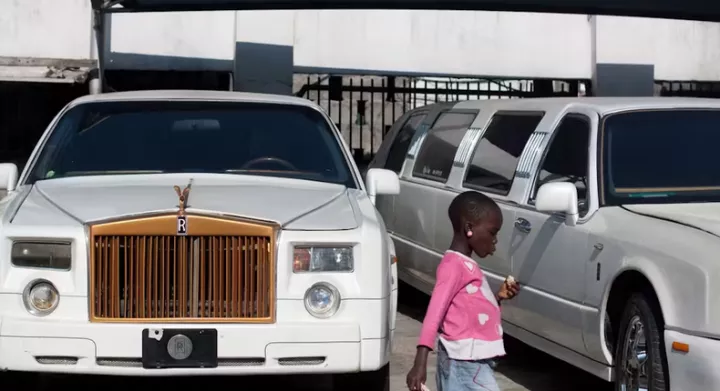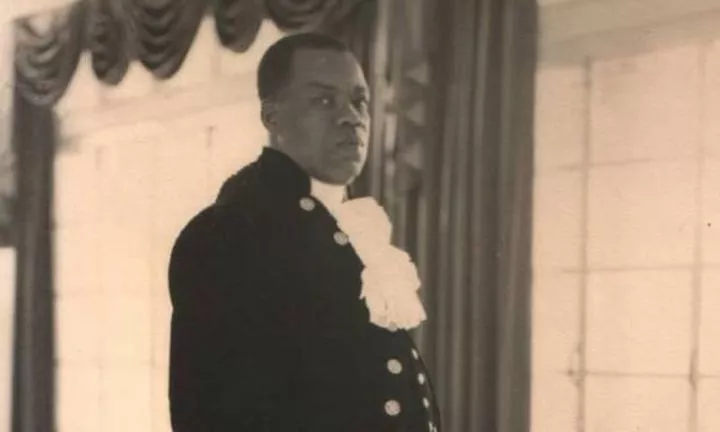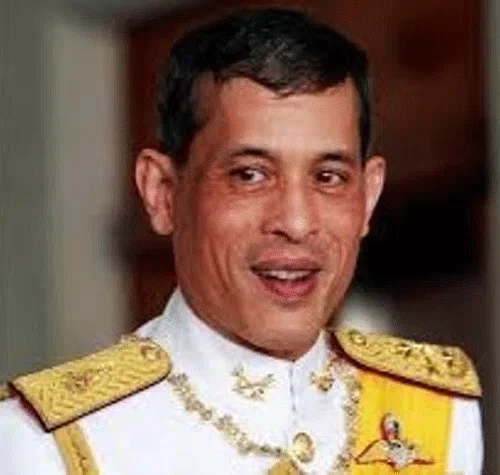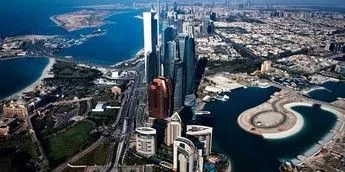
Across the globe, the idea of taxing the wealthy has gained momentum, becoming a rallying cry for governments, economists, and citizens seeking to address widening income inequality and fund social services.
The argument is simple: the wealthiest individuals and corporations, who often benefit most from the existing economic systems, should contribute more to the societies that enabled their success.
While this debate is most prominent in the developed world, it resonates deeply across Africa, where disparities between the rich and the poor are glaring, and the need for equitable revenue generation is urgent.
Wealth inequality has reached unprecedented levels worldwide. Reports from organizations like Oxfam reveal that a small fraction of the world's population controls a disproportionate share of its wealth. For instance, the combined wealth of the world's five richest billionaires has more than doubled since the start of this decade, while 60% of humanity has grown poorer.
In Africa, the debate over taxing the rich takes on even greater urgency. The continent is home to some of the world's fastest-growing economies, yet millions of its people remain trapped in poverty.
Below are the African countries where citizens support higher taxes for the rich:

As of January, Seven of Africa's richest men hold a collective wealth of $52 billion, exceeding that of the 700 million people constituting the poorest half of the continent's population.
These disparities underscore the need for tax reforms that ensure the wealthy contribute more equitably to public resources.
Some studies highlight that weak taxation on the wealthy not only reduces government revenue but also undermines public trust in the tax system and the social contract.

















Comments